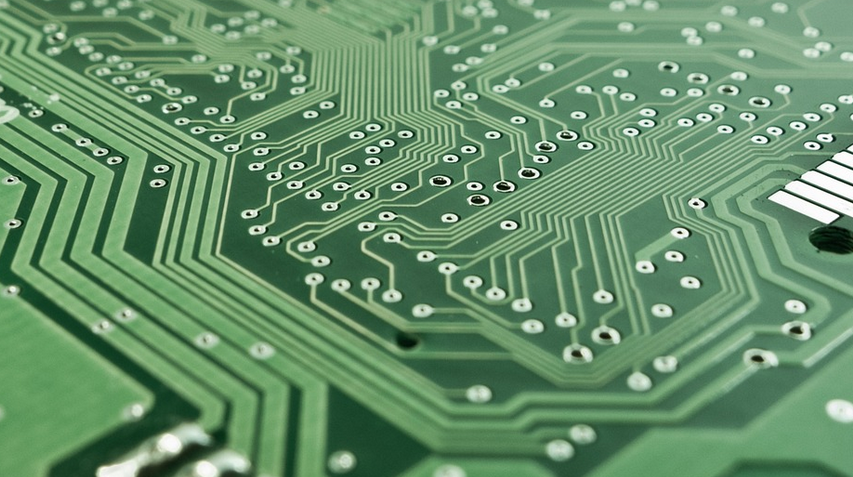Navigating the Future of Hybrid Vehicles
The year is 2024, and the automotive landscape has shifted significantly. Hybrid vehicles are no longer a niche choice; they’re a mainstream option for eco-conscious drivers seeking value and fuel efficiency. And at the forefront of this revolution stands the Honda CR-V Hybrid.
The Honda CR-V Hybrid, known for its sleek design, spacious interior, and reliable performance, has become synonymous with versatility. But as technology advances, a burning question remains: how sustainable is the battery life in the years to come? What can drivers expect from their CR-V’s power source in 2025 and beyond?
This article seeks to demystify the complexities of hybrid battery life. We’ll delve into the key factors influencing battery efficiency, explore the potential evolution of technology that might impact CR-V Hybrid performance, and offer insights on maximizing your driving experience.
Understanding the Core Components
The heart of any hybrid vehicle lies in its intricate battery system. This system consists of a powerful lithium-ion battery pack that works in tandem with an electric motor for optimal power and efficiency. But here’s where it gets interesting: the type of battery used plays a crucial role in determining the life expectancy of your CR-V Hybrid.
The current CR-V Hybrid employs a sophisticated lithium-ion battery system, known for its high energy density, long lifespan, and quick charge times. This technology has been refined over years, and it contributes to the vehicle’s impressive range and performance. However, just like any other battery, it is susceptible to degradation over time, and this directly affects its lifespan.
As a general rule of thumb, lithium-ion batteries are known for their longevity in normal driving conditions. But several factors can influence their life expectancy: charging habits, temperature variations, and driving style all add up to play a role. Understanding how your own CR-V Hybrid uses its battery is crucial for maximizing its lifespan.
The Impact of Technology on Battery Life
Technology continues to evolve at an astounding pace, and the automotive industry stands as a prime example of this relentless innovation. This progress directly affects the future of hybrid vehicles like the Honda CR-V Hybrid.
Advancements in battery technology are promising for the future. More efficient electrolytes and solid-state batteries, which offer higher energy density and faster charging times, are in development. These breakthroughs could drastically alter the driving experience of CR-V Hybrids. Imagine a future where you can recharge your car overnight or even while commuting, thanks to rapid charging capabilities.
Beyond efficiency, these advancements may also translate into longer battery life cycles. Think about it – fewer trips to the charger and increased potential for extended ownership. A glimpse into this exciting future suggests that CR-V Hybrids might enjoy a significantly longer lifespan in years to come.
Maximizing Your CR-V Hybrid Battery Life
While technology drives change, we can still influence the battery life of our CR-V Hybrids with some conscious effort. Here’s how:
- Charge Smart: Avoid frequent deep discharges, as these accelerate degradation. Aim for a balanced charge cycle to maximize the lifespan of your battery.
- Climate Control: Extreme temperatures, both hot and cold, can negatively impact your battery life. Keep a careful eye on your driving habits, especially during extreme weather conditions.
- Driving Habits: Aggressive acceleration and frequent braking can strain your CR-V’s electric system and reduce battery life. Prioritize eco-friendliness by maintaining a steady pace and using cruise control whenever possible.
By implementing these simple yet effective practices, you’ll ensure your CR-V Hybrid performs efficiently for years to come. The combination of conscious driving habits and ongoing technological advancements will pave the way for longer and more sustainable journeys.
2025 & Beyond: The Future is Electric
Looking ahead, the future of hybrid technology holds even more exciting possibilities. As we delve deeper into electric mobility, the focus shifts to “full electrification” – a vision where EVs become more mainstream and less reliant on traditional combustion engines.
The CR-V Hybrid’s journey towards sustainable mobility is just beginning. With continued technological advancements and increasing consumer awareness of environmental responsibility, we can expect hybrid vehicles to be at the forefront of this exciting transition.
